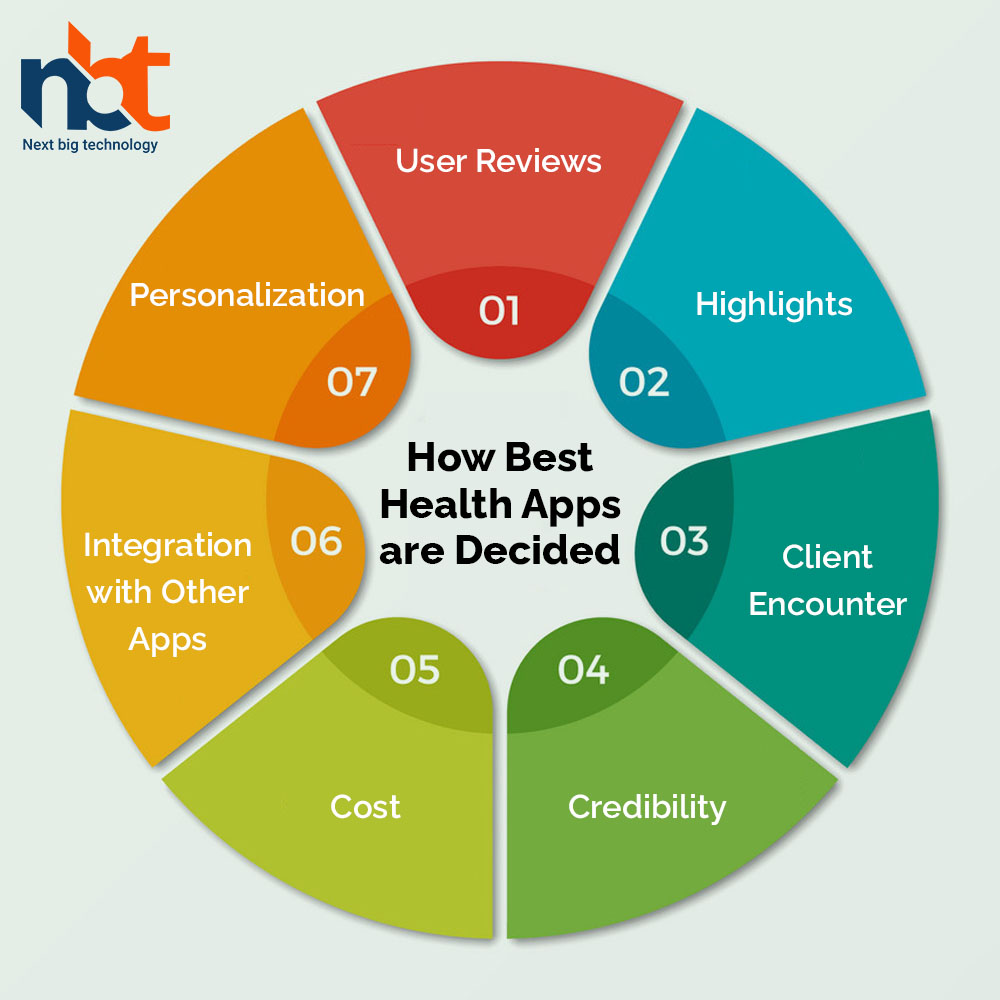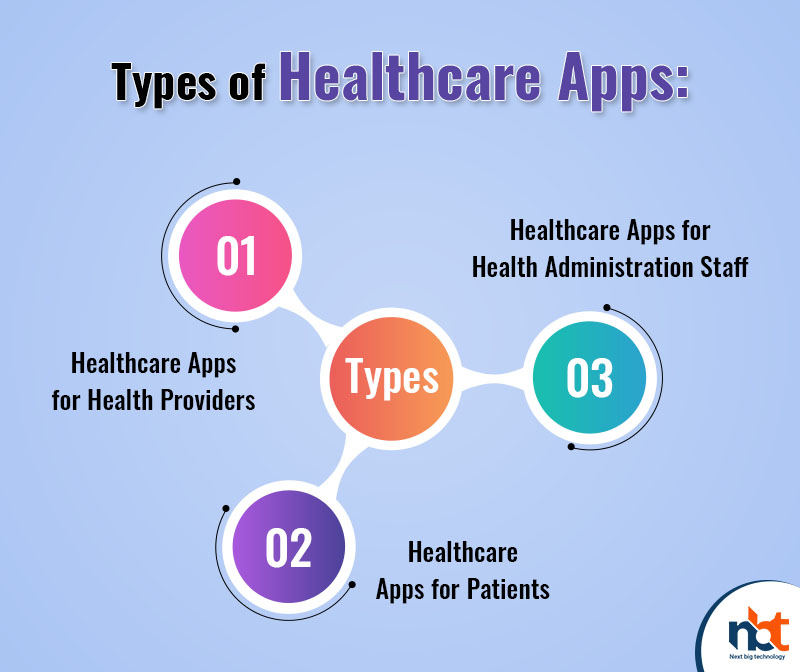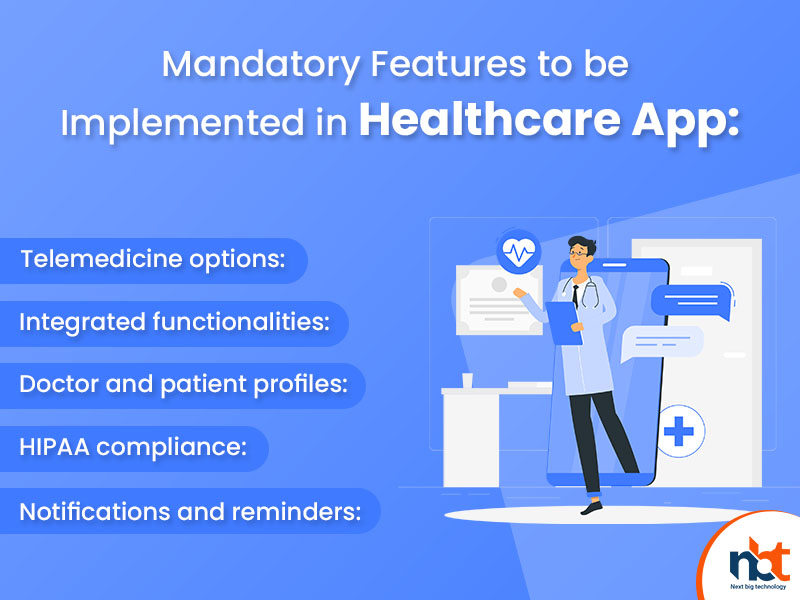Table of Contents
Introduction
The smartphone revolution has ushered in the era of mobile applications. Whatever we need in our daily life be it a calculator or a watch, now everything is in the reach in the form of applications. Health service app development is one of them who quickly understood the profit of having an application and rolled out numerous apps that’d benefit doctors and patients. What followed was a torrent of creativity as applications for everything from weight loss to yoga, nutrition, exercise, insurance verification, and so forth were released. Now health service app development has become an integral part of the industry.
What is health service app development
Health service app development refers to the process of creating healthcare mobile application which provides a number of healthcare-related services to its users. This involves designing, coding, and implementing features that provides convenient access to healthcare resources, improve patient-provider communication, and increases overall health management. The development process includes designing user-friendly interfaces, integrating backend systems, ensuring data security and privacy, and optimizing the app for different platforms (iOS, Android). Health service app development aims to leverage technology to empower individuals, improve healthcare delivery, and promote proactive health management in an increasingly digitalized and interconnected world.
Need of health service app development
Health service app development is crucial in today’s fast-paced world where convenience and accessibility are paramount. Such apps offer a plethora of benefits, including quick access to healthcare professionals, appointment scheduling, prescription refills, and lab report reviews. They empower users to manage their health proactively, providing a convenient platform to track symptoms, medications, and vitals. Moreover, these apps facilitate telemedicine, enabling remote consultations and reducing the burden on overcrowded clinics. With the integration of wearable devices, users can monitor their fitness levels and receive personalized health recommendations. Additionally, health service apps enhance healthcare coordination by securely sharing medical records across providers, ensuring seamless continuity of care. By promoting preventive care and facilitating timely interventions, these apps contribute to improved overall health outcomes. In essence, the development of health service apps is a necessity in modern healthcare to empower individuals and streamline healthcare delivery.
Also Read : Best Health Apps for Android & iOS 2023
Types of health service apps
There are various types of health service apps that cater to different aspects of healthcare like:-
- There is telemedicine apps that connect patients with healthcare professionals remotely, allowing them to consult, diagnose, and receive treatment without physically visiting a clinic.
- There are medication management apps that help users track their medications, set reminders for dosage, and refill prescriptions.
- Fitness and nutrition apps provide guidance on exercise routines, meal planning, calorie tracking, and overall wellness.
- Mental health apps offer resources for stress management, meditation, and therapy sessions.
- There are apps for health records management, allowing users to securely store and access their medical information.
- There are healthcare marketplace apps that facilitate finding doctors, booking appointments, and accessing healthcare services.
These diverse types of health service apps cater to the specific needs of users, promoting convenience, accessibility, and overall well-being.
Features of health service app development
Health service apps offer a range of essential features to enhance the healthcare experience.
- Appointment scheduling allows users to book appointments with doctors, specialists, or other healthcare providers conveniently.
- Secure messaging and video consultations enable real-time communication between patients and healthcare professionals, facilitating remote consultations and follow-ups.
- Prescription management features allow users to request refills, receive medication reminders, and access their medication history.
- Health tracking features enable users to monitor their vital signs, symptoms, and fitness activities, empowering them to take control of their health.
- Integration with wearable devices allows for seamless tracking of fitness metrics and health data.
- Health service apps may also provide access to educational resources, personalized health recommendations, and access to medical records.
Overall, these features contribute to improved healthcare accessibility, convenience, and proactive management of one’s health.
Growth of health service app development
Growing adoption of fitness and medical apps to collect and track individuals’ health-related data and to improve the overall health of the patients’ using smartphones are the major factors anticipated to drive the market. In addition, increasing internet and smartphone penetration and growing awareness in maintaining physical health and lifestyle improvement are also further increasing the adoption, thereby supporting market growth. The global mHealth apps market size was valued at USD 43.5 billion in 2022 and is expected to expand at a compound annual growth rate (CAGR) of 11.6% from 2023 to 2030.
Also Read : Healthcare-Medical Mobile Apps – Types, Benefits & Development
Cost of developing health service app
The cost of developing a health service app can vary significantly depending on various factors such as the complexity of the app, the desired features, platform compatibility, development team location, and more.
A basic health service app with standard features like appointment scheduling, prescription management, and secure messaging can cost anywhere between $10,000 to $30,000. This estimate includes development for a single platform (iOS or Android).
For more advanced features like telemedicine capabilities, health tracking, integration with wearable devices, and Electronic Medical Records integration, the cost can range from $20,000 to $60,000 or more, depending on the complexity and scale of the app.
It’s important to note that these estimates are rough and can vary significantly based on specific requirements and customization needed for the app. Engaging a professional development team and discussing your project details will provide a more accurate cost estimate tailored to your specific needs.
Also Read : How to Develop Successful Healthcare App – Features and cost in 2023
Conclusion
Health service app development has become increasingly essential in the modern healthcare landscape. These apps offer a wide range of features and benefits that enhance convenience, accessibility, and proactive management of one’s health. From telemedicine capabilities and appointment scheduling to medication management and health tracking, these apps empower users to take control of their healthcare journey. They facilitate remote consultations, secure communication with healthcare professionals, and seamless access to medical records. By integrating wearable devices and providing personalized recommendations, health service apps promote overall wellness and preventive care. While the cost of development can vary, investing in a well-designed and user-friendly health service app can significantly improve healthcare experiences, streamline processes, and ultimately contribute to better health outcomes for individuals worldwide.
Thanks for reading our post “Health Service App Development”. Please connect with us to discuss more about Health Service Mobile App Development.




















